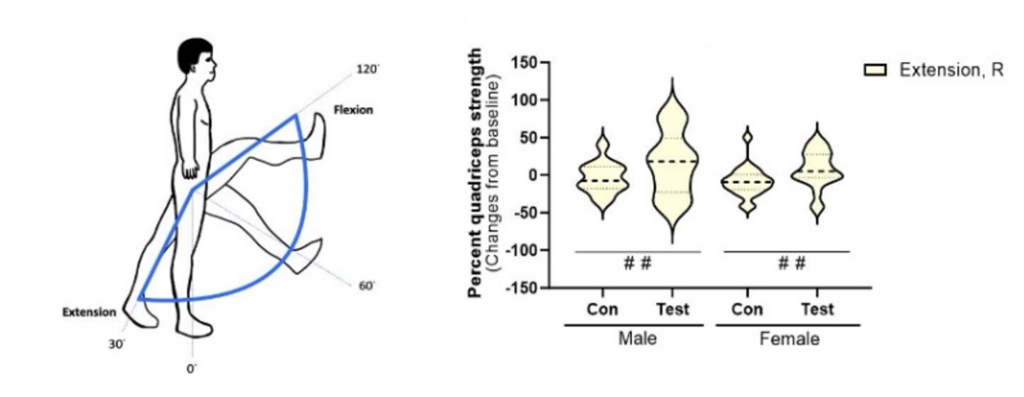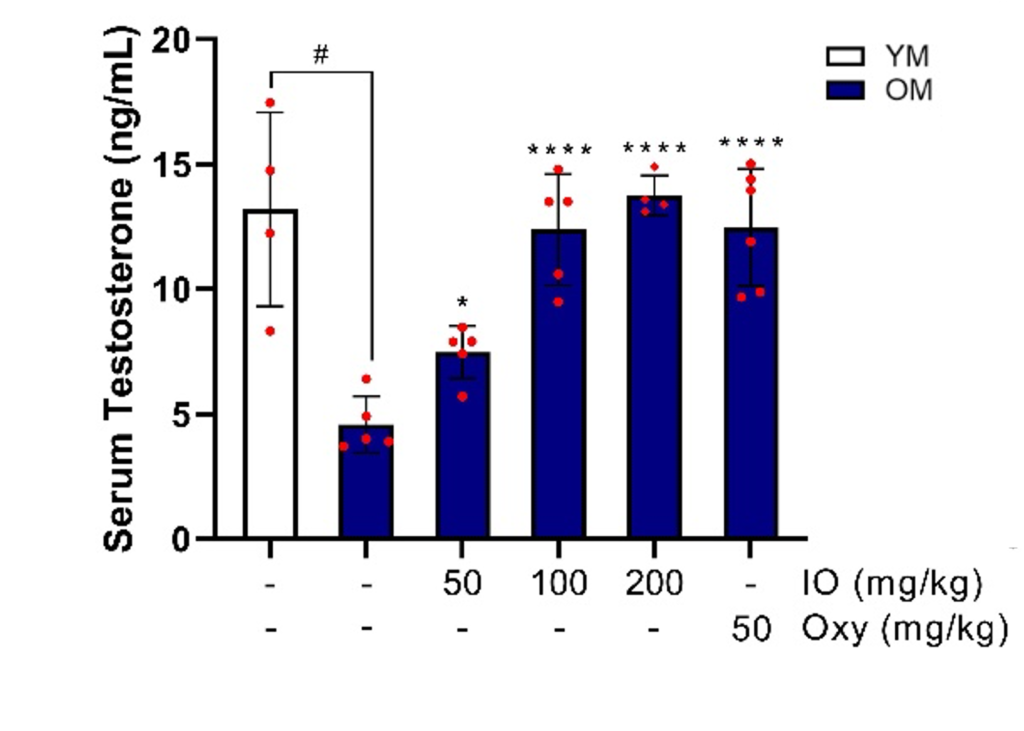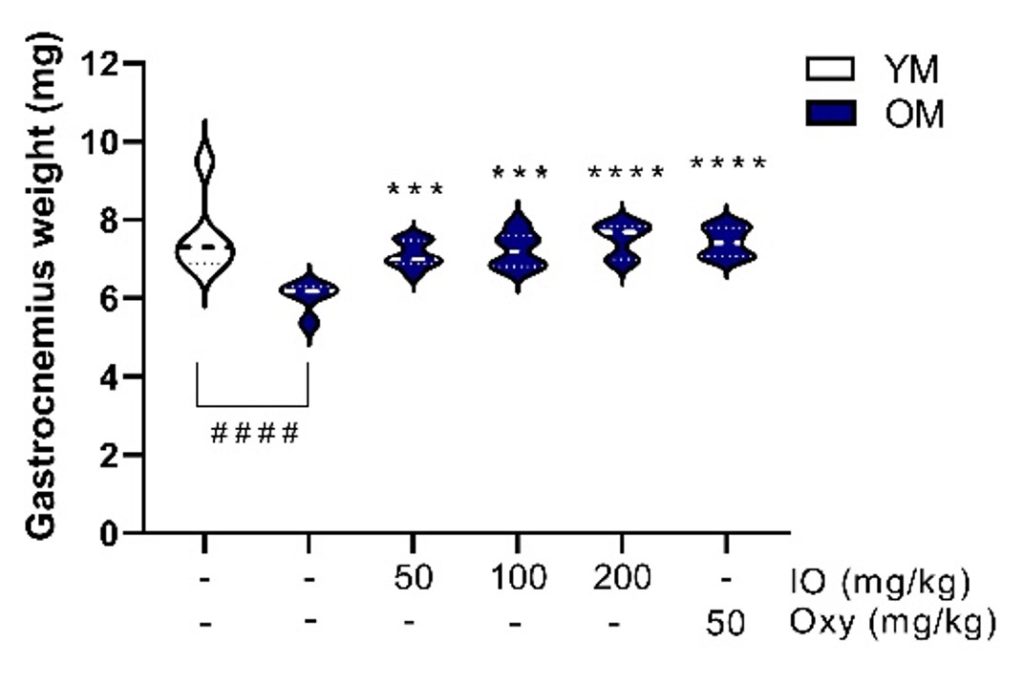Consuming Seaweed Reduces Muscle Loss and Raises Testosterone, Korean Study Shows
Seaweed extract supplementation prevents muscle loss in middle-aged and older adults while raising testosterone and increasing muscle size in older mice.
Highlights:
- Seaweed extract increases the strength of middle-aged and older adults.
- Seaweed extract and anabolic steroids similarly elevate testosterone in old mice to reach levels largely equal to young mice.
- Muscle mass is also increased in old mice to similar levels as young mice with both seaweed extract and anabolic steroids.
Sarcopenia — age-associated muscle and strength loss — can lead to bone fractures, falls, and even death. Therefore, maintaining muscle mass and strength with resistance exercise and other potential interventions is of vital importance for longevity — increasing one’s lifespan.
Now, researchers from Jeju National University in Korea report in Aging and Disease that seaweed consumption reduces age-associated muscle loss. In humans, Hyun and colleagues show that seaweed extract increases strength. In mice, they show that seaweed extract increases testosterone and muscle size. These findings suggest that consuming seaweed could counteract sarcopenia by providing functional nutrients — nutrients with medicinal value.
“Functional nutrients should be supplemented through routine dietary seaweed consumption to prevent muscle loss,” say the authors. “Functional nutrient supplementation is safe with few side effects, and it can be used in patients with an inherent risk of muscle weakness.”
Seaweed Counteracts Sarcopenia and Elevates Testosterone
To determine the effect of seaweed on sarcopenia, Hyun and colleagues gave 100 mg/kg of seaweed extract (from Ishige okamurae brown algae) to adults aged 50 to 85 with relatively low muscle mass. Before and after 12 weeks of supplementation, the participants performed knee extensions while strapped to a chair and connected to a device that measures torque to assess muscle strength. After supplementation, seaweed extract was shown to increase muscle strength, particularly in the right quadricep — the largest group of muscles in the body, located in the thigh.

To determine how seaweed supplementation could be increasing the muscle strength of older humans, Hyun and colleagues compared old mice (12 months, equivalent to 44 human years) to young mice (4 months, equivalent to 25 human years). The old mice were fed varying doses of seaweed extract for 6 weeks. As a result, the old mice that were given at least 100 mg/kg of seaweed extract had similar testosterone levels to young mice.
“Testosterone is a powerful androgenic hormone that promotes muscle growth,” said the authors.

Hyan and colleagues next assessed the muscle mass and strength of old mice treated with seaweed extract. They found that doses ranging from 50 to 200 mg/kg increased the calf muscle size of old mice, reaching similar levels to young mice. Additionally, grip strength was increased by the same dose range but did not reach similar levels to young mice. These findings suggest that seaweed extract can increase muscle size, at least in old mice.

Supplementing with Seaweed to Slow Aging
A compound called fucoidan — abundant in brown algae seaweed — has been shown to improve the memory of mice inflicted with inflammation-induced brain aging. Considering that brown algae seaweed has now been shown to slow muscle aging, seaweed extract could potentially be a potent anti-aging supplement.
Furthermore, it may be possible to obtain the benefits of seaweed extract by adding whole seaweed to one’s diet. The authors conclude,
“A consistent seaweed diet may assist in the prevention of age-related diseases. However, large-scale studies are required to further elucidate the protective function of seaweeds against sarcopenia caused by aging.”
Seaweed has not traditionally been associated with the American diet. However, this nutrient-dense food can be found at local grocery stores, especially near the coast, and at some specialty food stores or Asian markets. Furthermore, dried seaweed sheets can be found at places like Target, Wal-Mart, and Costco.
Participants: Middle-aged and older adults
Dosage: 100 mg/kg of Ishige okamurae brown algae extract for 12 weeks

